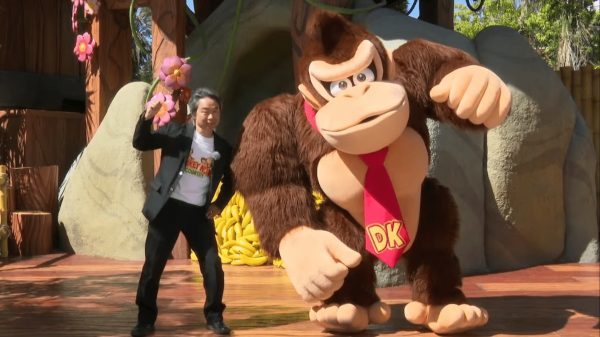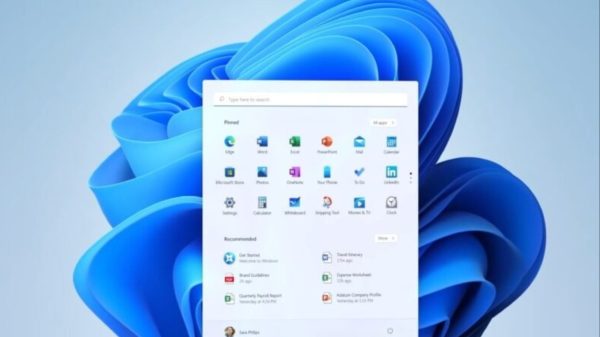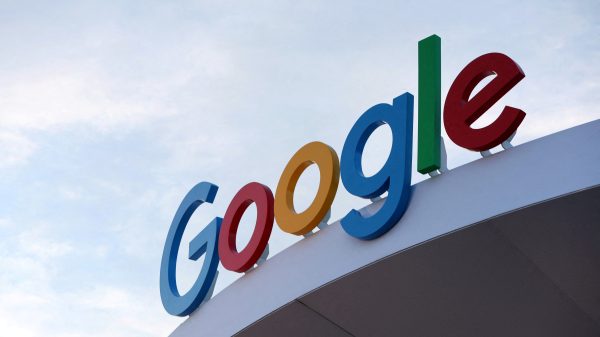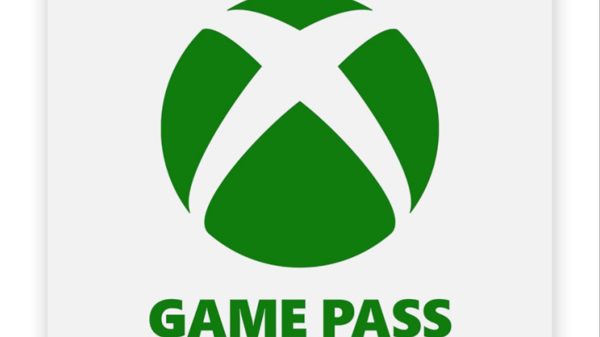In a recent decision, the U.S. Copyright Office has once again denied a request from video game archivists seeking a DMCA exemption to allow remote access to emulated versions of their physical game collections for research purposes.
This ruling forces researchers to travel significant distances to access often rare physical copies of the games they wish to study, highlighting the ongoing challenges in balancing video game preservation with current copyright regulations.
The Copyright Office’s decision favored arguments from the Entertainment Software Association and similar organizations, which contended that granting remote access could lead to the creation of an online arcade, potentially undermining the market for re-released classic games.
The Register of Copyrights noted that despite a study by the Video Game History Foundation (VGHF) indicating that 87 percent of older game titles are out of print, there remains a robust market for certain reissues, justifying the decision against remote access.
In her ruling, the Register pointed out that while a DMCA exemption for remote sharing exists for non-video-game computer software, the expressive nature of video games makes similar fair use arguments less applicable.
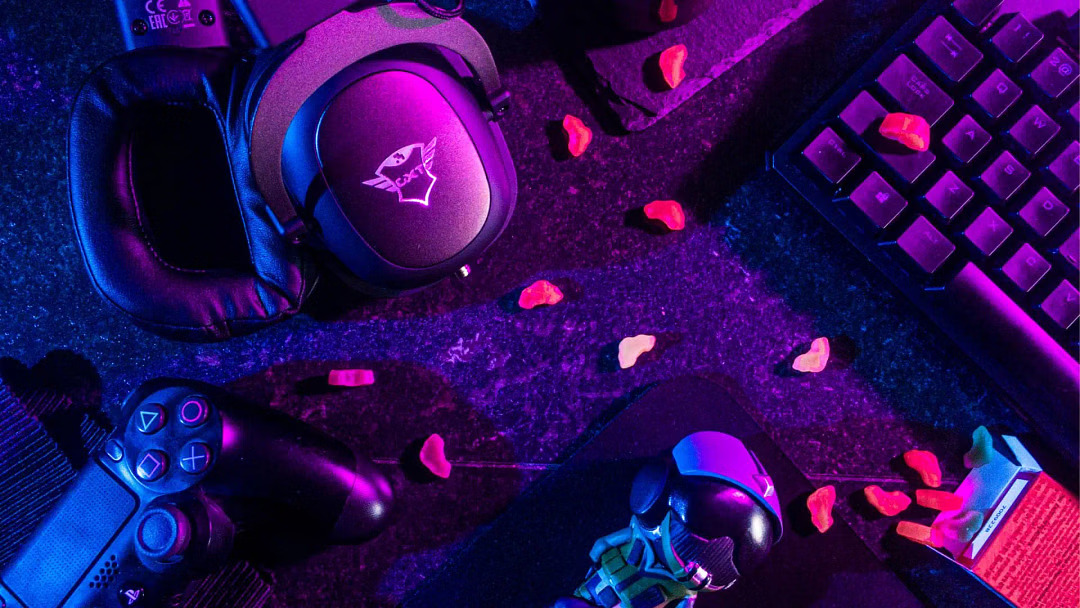
Copyright Office Ruling Limits Remote Access to Archived Games, Sparking Preservation Debate
An intriguing footnote in the decision mentioned that while emulation itself is not infringing, its historical association with piracy raises concerns about the legitimacy of proposed remote access to library game catalogs. This footnote referenced a past talk by Frank Cifaldi, the founder of VGHF, who argued against the negative perception of emulation in the context of preservation.
In response to the decision, the VGHF criticized the ongoing influence of rightsholder groups, asserting that these interests impede progress for researchers. They emphasized that the current limitations on remote access compel scholars to resort to “extra-legal methods” to access out-of-print video games.
NYU professor Laine Nooney highlighted the disparity in access to digitized materials between video game researchers and their counterparts in literary and film studies, noting the significant barriers that hinder equitable research opportunities.
While VGHF representatives expressed disappointment over the Copyright Office’s ruling, they also noted the positive impact of their advocacy efforts on raising awareness about game preservation issues.
Lawyer Kendra Albert, who advocated for the exemption, criticized the Copyright Office for seemingly disregarding evidence that indicated remote access would not harm the market for reissued games. With this ruling marking the fourth consecutive rejection of remote access since 2015, the Copyright Office plans to reconsider the issue again in 2027 during its triennial rulemaking process.






